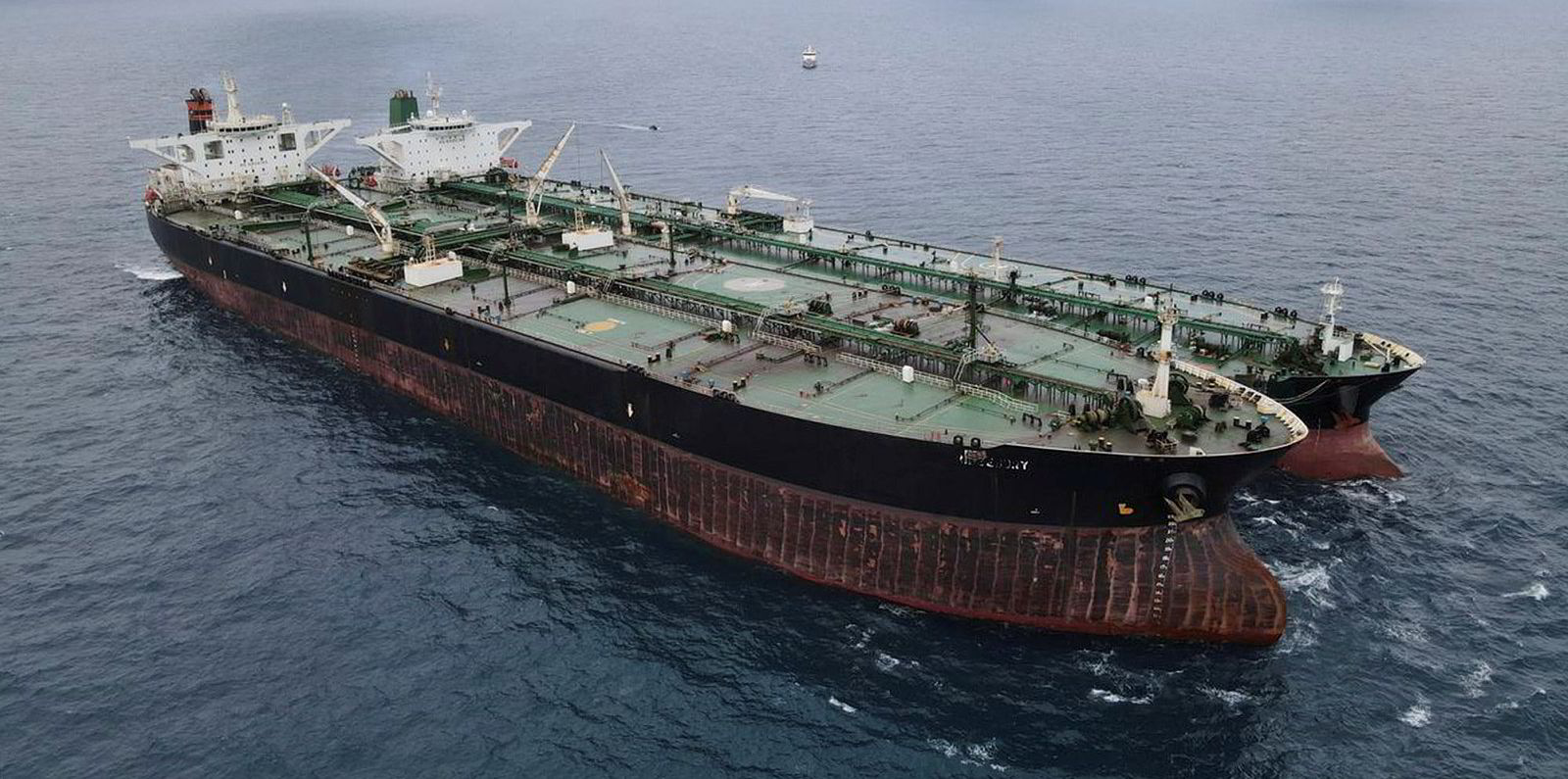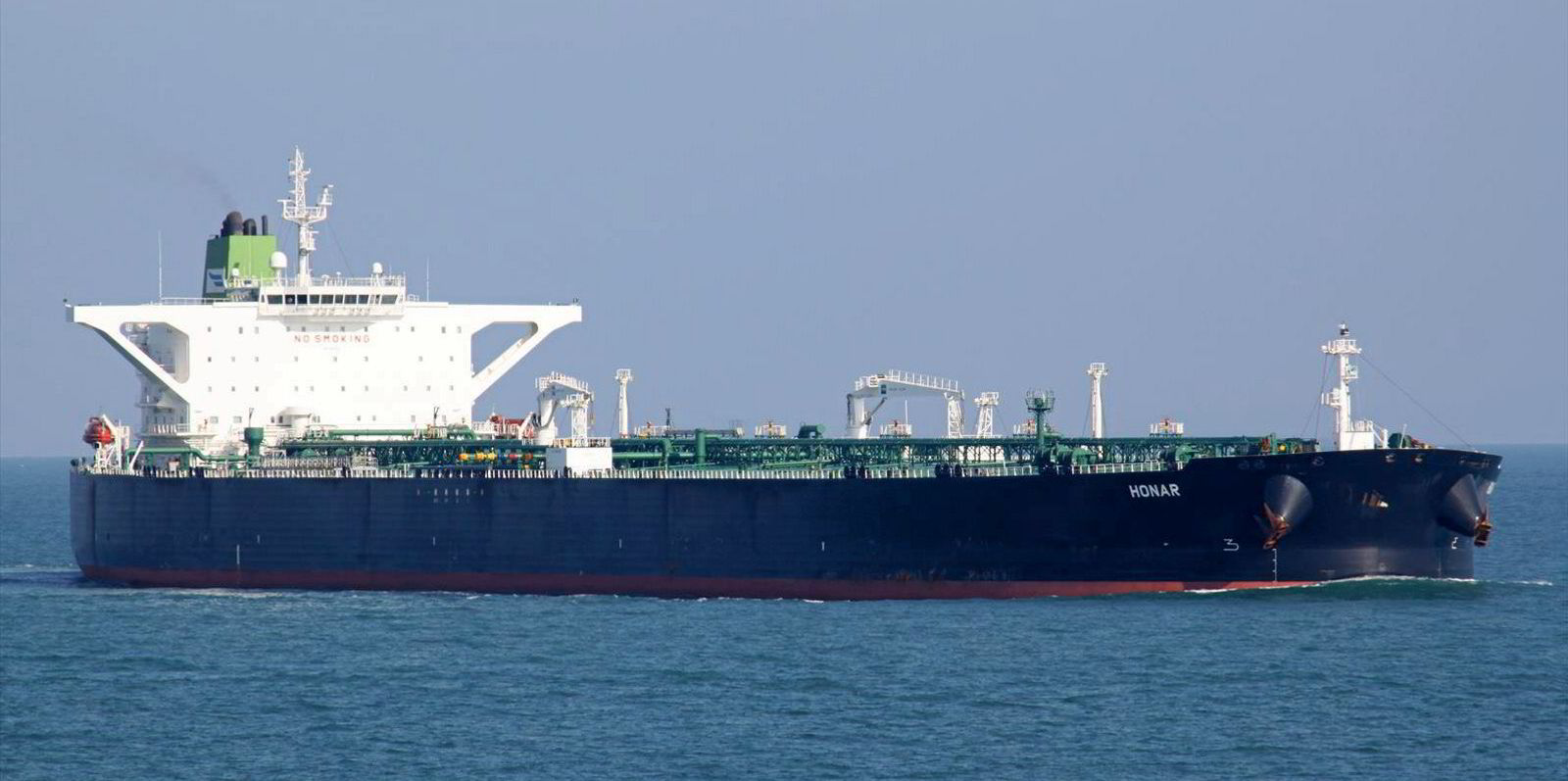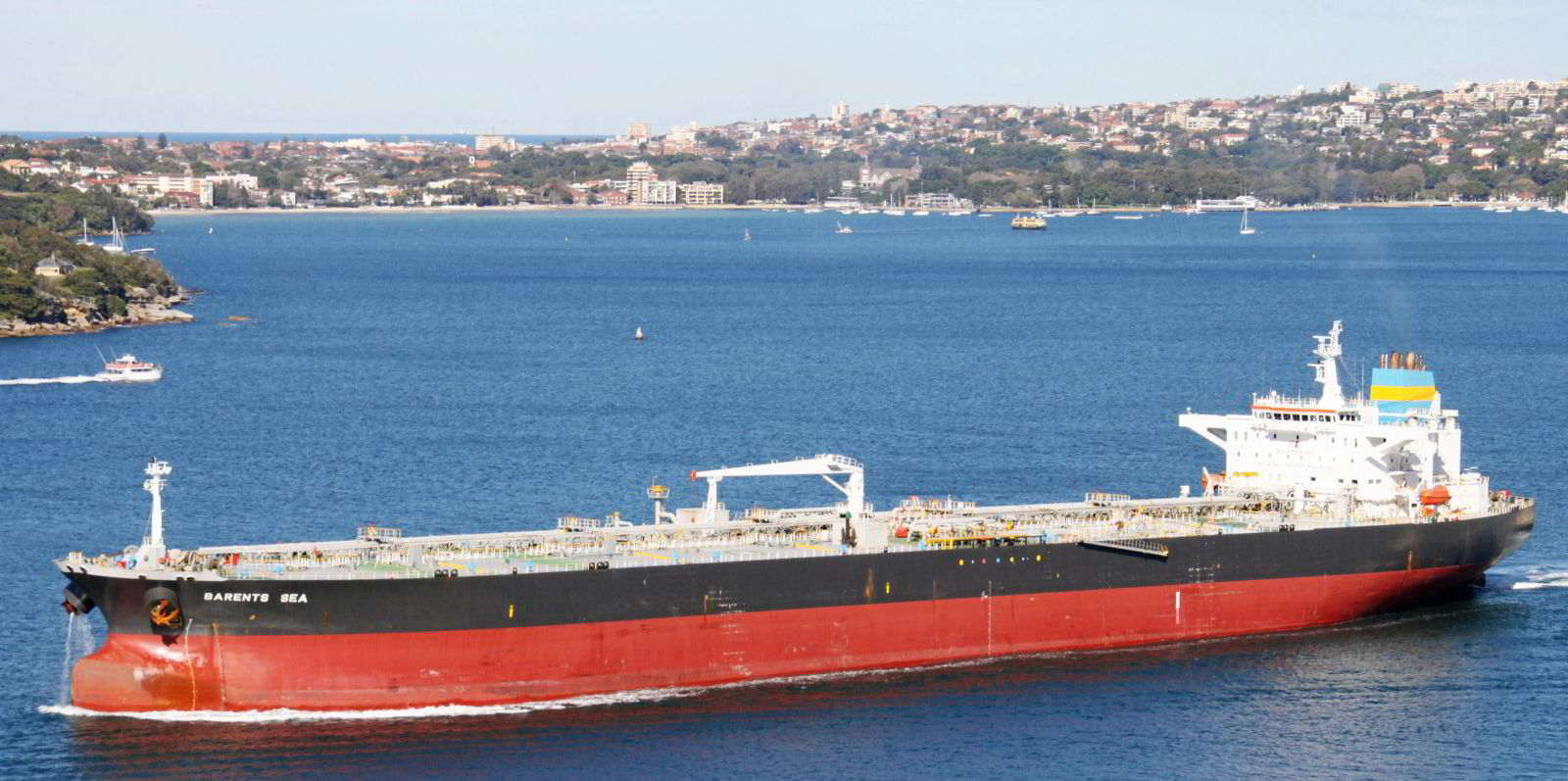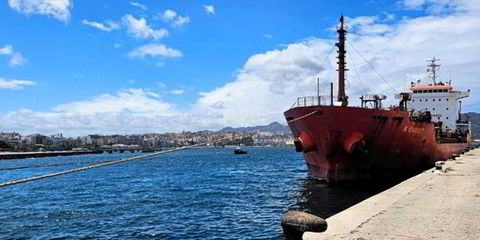Vessel sellers are not automatically liable to US sanctions when the ships they sold are used to transport Iranian or Venezuelan oil, according to legal experts.
Despite a collapse in freight earnings since last summer, many tanker owners — including some listed ones — sold old tonnage at high prices last year.
Following the transactions, several tankers ended up lifting oil from Iran or Venezuelan after further name and ownership changes, industry data suggested.
The US has threatened to sanction any entity that facilitates Iranian or Venezuelan petroleum trades in a bid to choke vital revenues to the two geopolitical rivals.
But lawyers told TradeWinds that if ship sellers can prove they did not knowingly sell the ships for sanctioned trades and carried out due diligence via paper trails, they generally would not draw ire from Washington.
One lawyer, on condition of anonymity, said a seller is not legally responsible for the actions of a buyer after the transaction, provided that the seller did not have “actual or constructive” knowledge that the deal was part of a scheme to violate sanctions.
Holland & Knight partner Jonathan Epstein backed up the unnamed lawyer's response.
“My anecdotal experience is that US authorities have focused on the vessel owner and operator engaged in the violative conduct, not the sellers,” he said.
However, Epstein warned that a seller was more likely liable to sanctions if the Office of Foreign Assets Control (Ofac) deemed the seller did not do sufficient checks on the buyer.
“The key is that ‘knowledge’ as a practical means, not only actual knowledge but whether the seller ‘should have known’ based on due diligence commensurate with the risk,” he said.
In general practice, vessel sellers should be able to demonstrate they have thoroughly examined their counterparties.
“In addition to due diligence, sanctions-compliance clauses have become a regular feature in vessel sales contracts and documentation,” Blank Rome partner Matthew Thomas said.
“While not a panacea, they are important to show banks, regulators and others that [the] seller has used all the tools at its disposal to avoid facilitating any sanctions circumvention.”
Remedial measures
When finding that their ships are engaged in sanctioned trades after the transactions, Epstein said vessel sellers might be best to take the initiative and talk to Ofac.
“At the very least, the [seller] should conduct an internal investigation and document what it knew, and what steps could be taken to mitigate this risk in the future,” he said.
“In general, the Ofac is unlikely to sanction a seller ... where the seller can demonstrate that it conducted rigorous diligence and had no ‘knowledge’ of the intended use of the vessel for sanctioned trade.”

But even then, there could be other consequences. Polembros Shipping was not sanctioned for the sale of the 151,000-dwt Nautic (built 1998) to Iran-linked Taif Mining Services, but authorities are holding $10m from the transaction.
“If an owner is unknowingly dealing with buyers linked to sanctioned trade, there is a potential for blocking and seizure of transaction funds, as well as money laundering investigations,” Thomas said.
Harry Papachristou contributed to this article.







